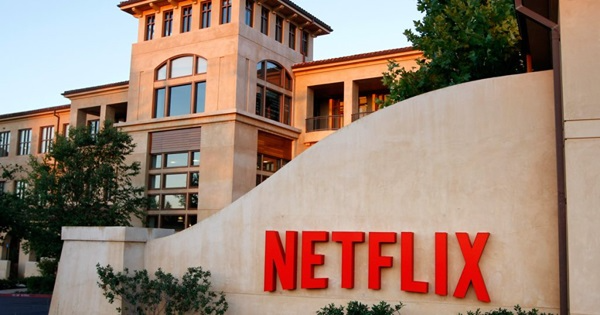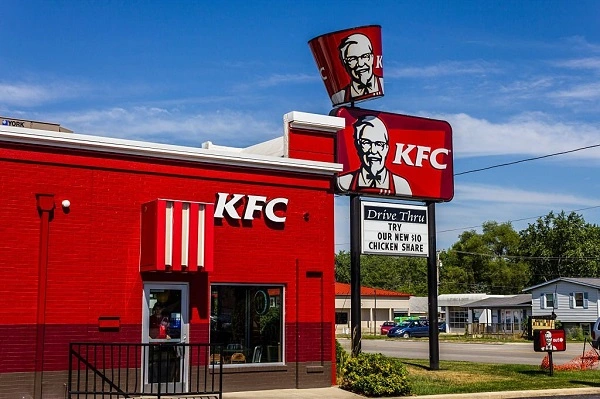Localization is essential for businesses that want to succeed in a globalized world. What effects does localization have on business operations and growth today? With Thao & Co., let’s explore some localization examples from global brands. From there, we can understand the significance of localization for businesses and its long-term effects on globalization more fully.
Localization is a term referring to the process of adapting and tailoring one or a group of products, or services to align with the preferences, culture, language, etc., of a specific region.
Localization frequently takes place within brands or businesses with the intention of growing their operations and entering new markets. This helps businesses, brands, products, and services become more relatable to the local people, language, and culture.
Localization strategy plays an increasingly important role for businesses in the long-term process of globalization as demand for global and multi-market expansion rises. Therefore, localization strategy is not limited to the retail and e-commerce industries; it is also significantly utilized for the development of entertainment sectors such as film, gaming, and more.

One of the prime examples of impactful localization campaigns worldwide is Netflix. This business has tailored its content selections and user experience to specific countries and regions. The majority of movie subtitles and content are thus fully translated and dubbed across their website and application.
Additionally, Netflix has made significant efforts to collaborate with local producers to create exclusive content tailored to countries and regions. Fans have, however, expressed some dissatisfaction with this entertainment platform due to the poor quality of subtitles for some products.

By localizing its advertising videos, KFC, the fast food giant, has achieved truly remarkable success. Through the art of language, the brand has adeptly evolved its slogan across numerous iterations, delivering messaging of extraordinary impact.
In the Vietnamese market, the slogan: “Finger-licking good” made a strong marketing and communication impression when translated into Vietnamese as: “Vị ngon trên từng ngón tay” (Deliciousness on every finger).
However, KFC encountered a serious issue with the Chinese version of their slogan when it was translated as “Eat your fingers off“. In addition to the potential misunderstanding caused by the translation, using hands to eat is considered unhygienic and impolite in this populous nation. This illustrates that venturing into the market without a deep comprehension of the language and culture can at times pose challenges for a brand.

AirBnB is among the best illustrations of a localization strategy that works. A crucial element in their success is developing localized, personalized multilingual websites. The language, web interface, and information can all be adjusted to each target audience’s unique needs to achieve this.
Particularly by localizing website and app for more than 80 different countries, Airbnb has produced a convenient user experience. AirBnB even goes the extra mile by converting currency, translating user-generated content such as reviews, testimonials, and service descriptions, and creating multilingual travel guides. The brand has grown significantly and expanded its reach in more than 220 nations worldwide up to this point.
However, the rapid and expansive growth strategy poses challenges in upholding quality standards, resulting in negative feedback for the brand. Specifically, certain users have voiced criticism about the platform’s occasional font or display discrepancies in certain languages, as well as intermittent instances of unclear translated content. These issues collectively contribute to an unsatisfactory user experience.

Alongside the resounding success of localization campaigns worldwide, some businesses have also encountered significant failures in the process of translating and localizing their communication messages. In this regard, the case of Swedish appliance manufacturer – Electrolux serves as a good illustration.
Particularly for the American market, Electrolux modified their slogan as follows: “Nothing sucks like an Electrolux.” The word “sucks” refers to thorough cleaning in this message, alluding to the Electrolux vacuum cleaner’s superior cleaning abilities. This word carries a different connotation in the American language: it’s used to describe something “terrible.” The slogan has taught us a valuable lesson about the potential damage that subpar localization can inflict upon a brand.
A significant challenge in content localization lies in the tendency towards excessive creativity, which can lead to a divergence from the intended meaning of the original text. An illustrative case in point is the MindQuiz game content translation endeavor. In this specific instance, the translation team inadvertently employed the phrase “super spastic,” which is an offensive reference to “cerebral palsy,” perceived as an attack on the disabled community in the UK. This phrase was didn’t exist in the original game. It’s a result of excessive adaptation, leading to dire repercussions for the game as it was permanently recalled.

In general, several critical factors must be carefully considered to carry out a successful localization campaign:
Are you in need of a translation partner to execute your localization strategy? With years of experience collaborating with numerous global businesses, Thao & Co. Translation Company provides professional content localization services with a team of expert linguists and flexible workflow. We are committed to assisting businesses with dedication and professionalism to drive the expansion process, achieve high efficiency, and experience resounding success in penetrating new markets.
Learn more about Thao & Co.’s professional translation and localization services!
Studying the triumphs and pitfalls of major brands in their execution of localization strategies can arm you with invaluable insights. We hope that this article has given you a better understanding of the concepts of localization and localization strategy.